
Are you planning your first vegetable garden? Here are a few tips I’ve picked up over my years of planting organic gardens in my backyard.
Decide what you want to eat
Before I start going crazy with seeds I give some serious thought to what I actually want to grow and what my family will eat. I like to experiment and try different things sometimes, but the main goal is always to grow food that my family will eat and enjoy. I tend to stick with tomatoes, carrots, peppers, snow peas – the classics.
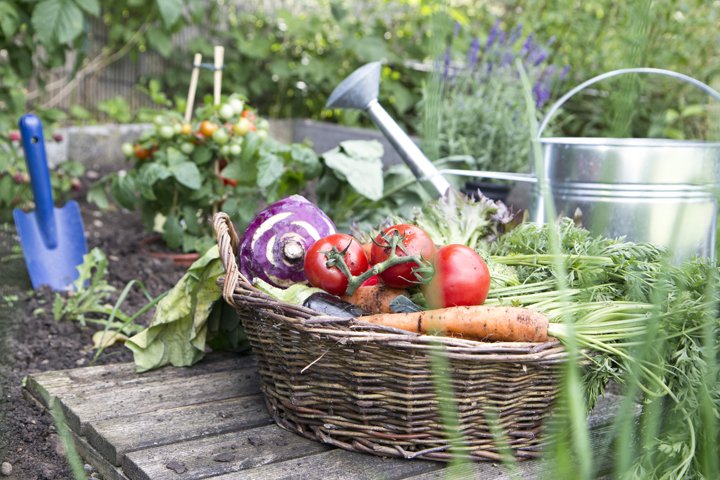
Plan for warm and cool weather vegetables
Most people plant warm weather vegetables, which is great, until the end of summer comes along and they’re done. I like summer produce as much as the next person, but I also like to plant fruits and vegetables that keep producing well into the fall. Beets, carrots, broccoli and pumpkins are some of our favourite fall vegetables to grow. I suggest planting later in summer for a fall harvest.
Think about size
I’ve learned that, when it comes to vegetable gardens, bigger is not always better. Once things start growing and it comes time to harvest you may end up with far more than you can manage. When this happens it can be tough to keep up and you can end up with tons of rotting produce scattered throughout your garden. Don’t overdo it!
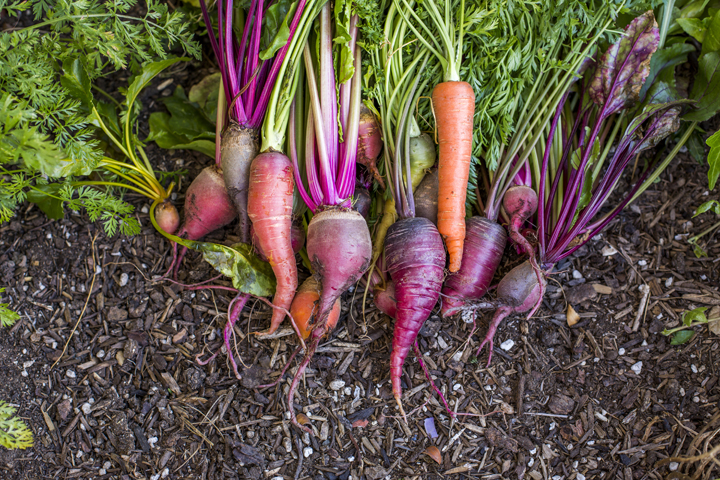
Sow your seeds early
Since I live in a climate where winter seems to last forever, I get an early start by sowing my seeds indoors. One of the best methods I’ve found is to use the recyclable plastic egg containers that have lids. They act as mini green houses and create a humid environment where the seeds can thrive. Just remember to poke holes in the bottom so the water can drain.
Choose the right spot
For a successful vegetable garden you’re going to need to find the right spot in the yard. Vegetables need at least six hours of direct sunlight per day. If you try planting in the shade you’ll come up empty. Also, try to keep some distance from trees and shrubs as they have a tendency to compete for water and nutrients in the soil. If you’re having trouble with this consider a raised bed or container garden.
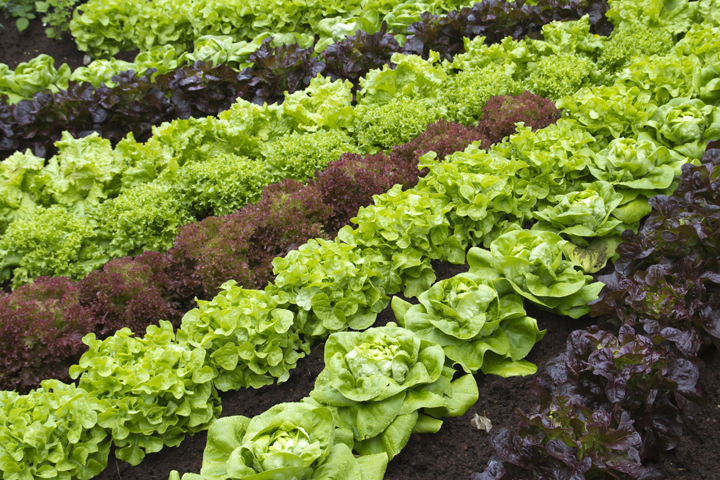
Read the planting instructions
Before you start planting pay attention to the planting instructions. Some vegetables like to sprawl and need a lot of space, while others are fairly contained. Make sure you’re able to give everything enough room, and you’re planting things that grow well together. Set your plants up for success!
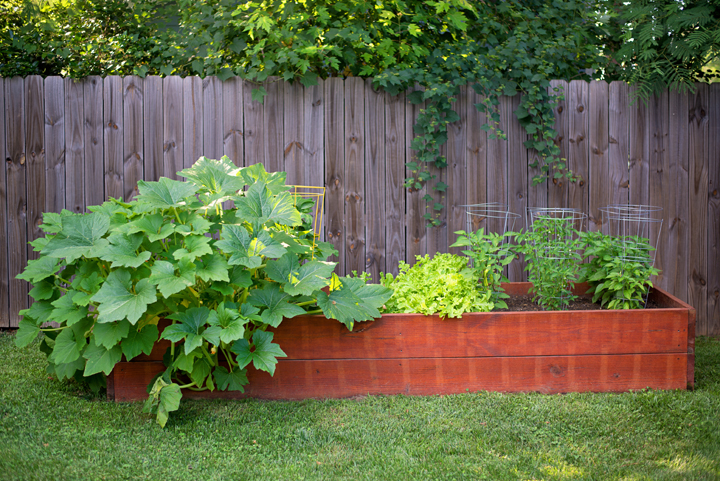
Get the right soil
The soil in your garden should be level and well-draining. I like to use organic compost as much as possible. In fact, I gather it all winter so that I’m reducing waste and helping the garden all at the same time.
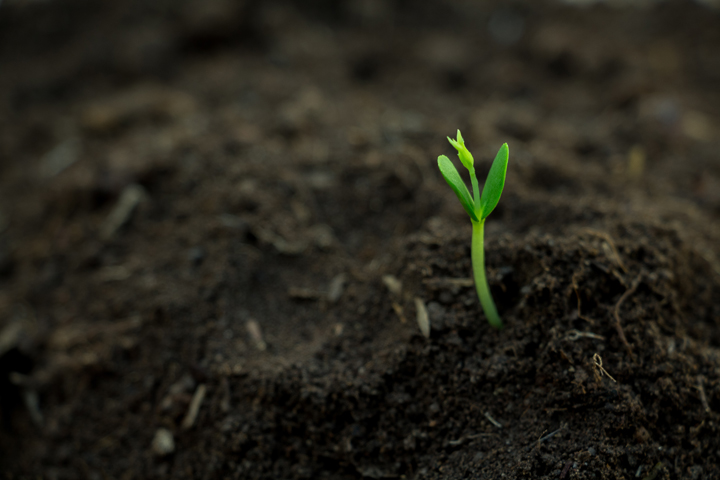
Prepare for predators
It sounds ominous I know, but your garden is likely full of predators who want to destroy your crop. Fencing might be an option for animals, but I also suggest planting a mix of onion, garlic and chives in your garden. Insects hate them and will try to avoid them. Staying away from trees and shrubs will also keep your garden safe.
Photos courtesy of Getty Images.
Scott McGillivray is a real estate expert and host of HGTV Canada’s Income Property and Moving the McGillivrays.
HGTV your inbox.
By clicking "SIGN UP” you agree to receive emails from HGTV and accept Corus' Terms of Use and Corus' Privacy Policy.



